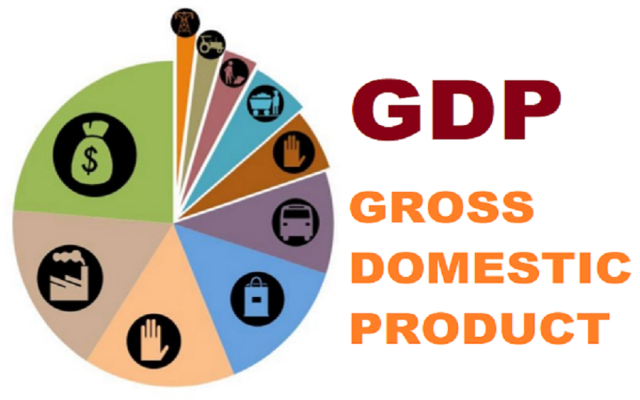The Nigerian economy is set to undergo a significant re-evaluation with the impending release of a revised Gross Domestic Product (GDP) data. This exercise, expected to be completed in 2025, is anticipated to significantly increase the contribution of the services sector to the overall economy.
According to projections by Meristem Securities, the services sector’s share of the rebased GDP is expected to rise to between 55 and 60 percent, up from the current 53 percent. This increase reflects the growing importance of sectors like fintech, tech startups, and digital services in the Nigerian economy.
The rebased GDP is expected to provide a more accurate picture of the Nigerian economy by incorporating previously under-represented sectors, such as information and communication, real estate, healthcare, and social services. However, the contributions of sectors like oil and agriculture are projected to decline.
Challenges and Opportunities
While the rebased GDP is expected to provide valuable insights into the structure of the Nigerian economy, experts have cautioned against over-reliance on statistical changes.
“Policymakers must look beyond statistical effects to drive sustainable growth,” warned analysts at Afrinvest Securities. “A potential decline in debt-to-GDP must not derail efforts to enhance fiscal discipline and sustainable debt growth.”
The report by CFG Advisory further emphasized the need for significant economic reforms to address the underlying challenges facing the Nigerian economy.
“To get the economy back on track, the government must reduce its debt burden, restore its credit rating to investment grade, and tame inflation,” stated Adetilewa Adebajo, CEO of CFG Advisory. 1 “This would reduce borrowing costs and provide stimulus for investment, sustainable growth, productivity, and employment.”
Follow us on Instagram.
https://www.instagram.com/businessnewsng?igsh=ZXpweTdjOGF1ZXdu

























